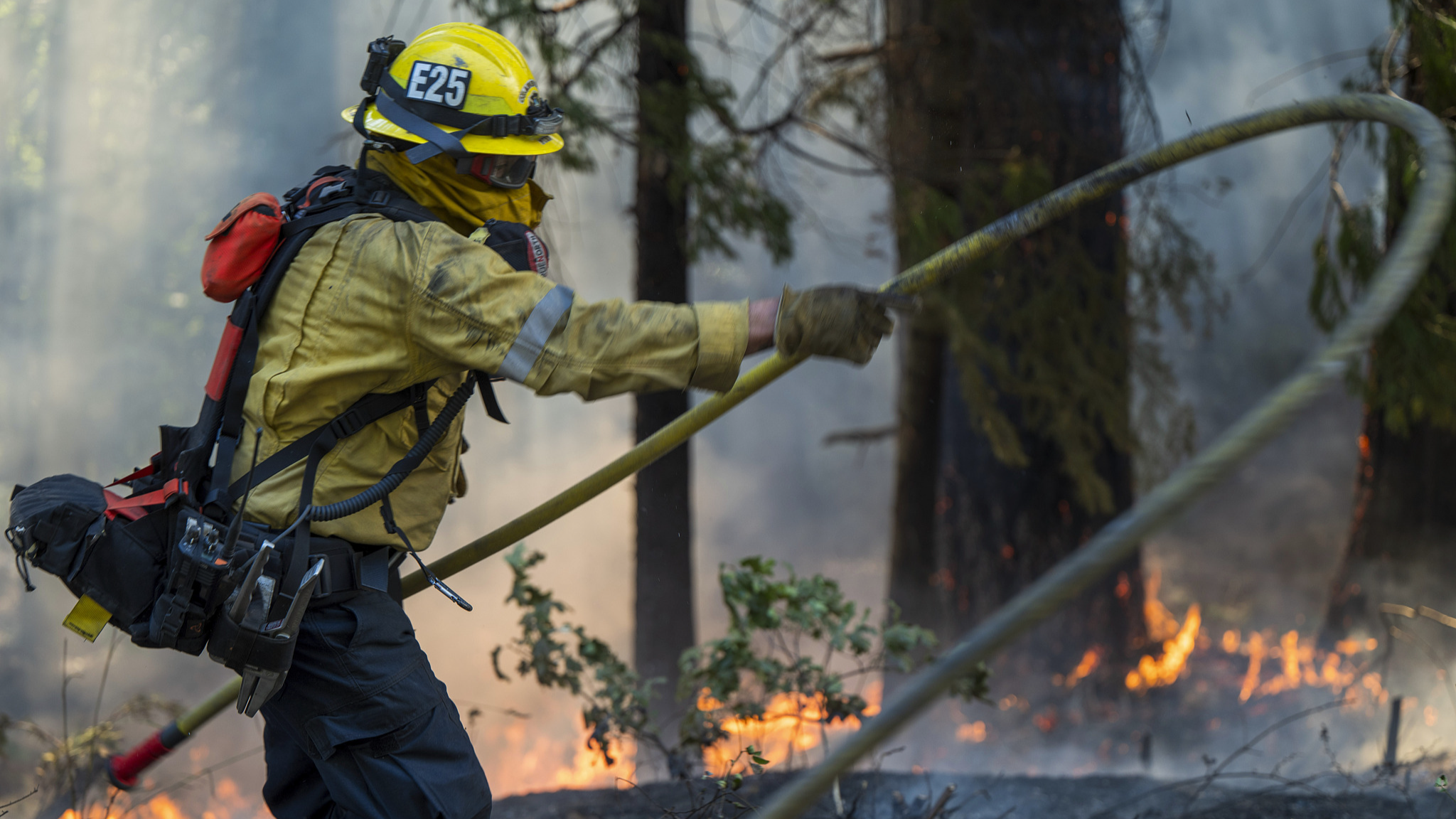WEB DESK: Thousands of firefighters and hundreds of trucks were mobilized in California on Monday to continue fighting the state’s largest blaze of the year, which has already burned an area larger than the city of Los Angeles.
The so-called Park Fire outside of Chico in the state’s north has been raging since Wednesday in a rural region about a three hours’ drive northeast from San Francisco.
It has now ravaged more than 370,000 acres (149,700 hectares), according to the Cal Fire agency, making it one of the largest fires in state history.
No casualties have been reported so far, and firefighters benefited from a slight drop in temperatures over the weekend which allowed them to make a bit of progress, with the fire now 12 percent contained.
Nearly 4,900 firefighters have been mobilized, with 33 helicopters, 400 fire trucks and numerous planes battling the conflagration.
Meanwhile, about 4,200 residents are under evacuation orders and authorities are calling for the utmost caution due to the situation’s risk of escalating at any moment.
“We ask that the public continue to be diligent and prepared due to erratic fire activity,” Cal Fire said.
The fire progressed during the first 48 hours at the speed of a person walking and has spawned fire tornadoes as well as generated smoke clouds shaped like atomic mushrooms.
The fire was able to spread quickly following multiple heat waves that have struck California and the U.S. West since the beginning of June.
The Park Fire was caused by arson, according to authorities. A 42-year-old man was taken into custody on Thursday morning after being spotted pushing a burning car into a ravine, according to the local prosecutor’s office.
The United States is presently battling about 100 large fires according to the National Interagency Fire Center, mainly in the west of the country and in particular Oregon, where an airplane pilot fighting the fires died last week.
Repeat heat waves and extreme weather events are accelerated by climate change, which is linked to humanity’s reliance on fossil fuels, according to scientists.


